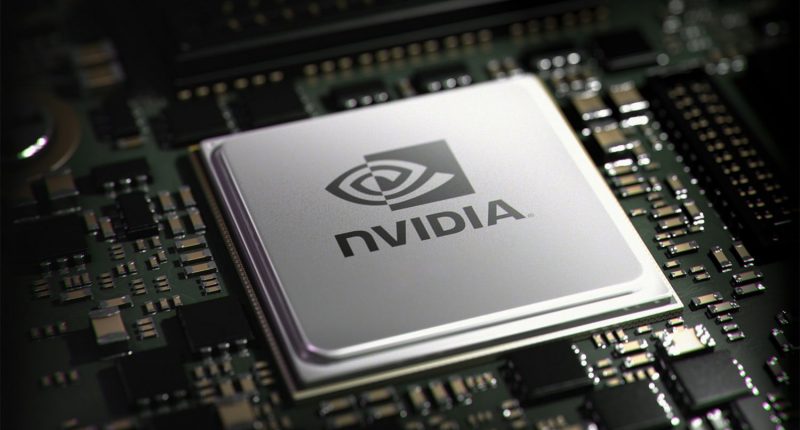Chinese government and military-linked institutions – including AI research institutes and universities – have reportedly succeeded in acquiring Nvidia semiconductors over the past year, skillfully evading stringent export bans by the US. As detailed in comprehensive tender documents reviewed by Reuters, this revelation underscores the complexities surrounding the U.S.-China technological landscape and raises questions about the efficacy of export controls.
The acquisitions, involving small quantities of Nvidia semiconductors, were not facilitated by Nvidia itself or its approved retailers, but rather by lesser-known Chinese suppliers. Notably, the procured Nvidia chips include the A100, H100, A800, and H800 models, all of which were subject to U.S. export bans implemented in the last two years. The U.S. export bans targeted specific Nvidia chips with potential military applications, aiming to curtail China’s access to advanced technologies. Despite these targeted measures, the tender documents reviewed by Reuters indicate a successful circumvention of these restrictions, bringing to light the challenges faced by the United States in imposing comprehensive controls on semiconductor exports.
The list of purchasers includes not only elite universities but also entities subject to U.S. export restrictions, such as the Harbin Institute of Technology and the University of Electronic Science and Technology of China. The procurement of Nvidia chips by these entities, accused of involvement in military matters, showcases the multifaceted nature of this technological landscape. It is noteworthy that none of the entities mentioned in the Reuters review responded to requests for comment. The acquisition of Nvidia chips, renowned for their prowess in AI applications, enhances China’s potential breakthroughs in AI. This, in turn, could contribute to the development of sophisticated computing systems with military applications. The use of these semiconductors may bolster China’s AI capabilities, posing challenges to U.S. technological dominance in this critical field.
Nvidia’s graphic processing units (GPUs) have long been acknowledged for their exceptional performance in artificial intelligence (AI) tasks. Prior to the bans, Nvidia held a staggering 90% share of China’s AI chip market, emphasizing its dominance in the field. Nvidia, in response to these revelations, has asserted its compliance with all applicable export control laws. “If we learn that a customer has made an unlawful resale to third parties, we’ll take immediate and appropriate action,” a spokesperson for the company said. While Nvidia emphasizes adherence to regulations, the US Department of Commerce has refrained from commenting on the specific revelations. However, U.S. authorities have expressed their commitment to closing loopholes in export restrictions.
In the aftermath of U.S. curbs, an underground market for such chips has emerged in China. Chinese vendors reportedly acquire excess stock or import through locally incorporated companies in regions such as India, Taiwan, and Singapore, further complicating the regulatory landscape. Analysts, including Chris Miller from Tufts University, suggest that achieving watertight export restrictions for chips, given their small size and easy transportability, may be an unrealistic goal.
The Tech Portal is published by Blue Box Media Private Limited. Our investors have no influence over our reporting. Read our full Ownership and Funding Disclosure →





